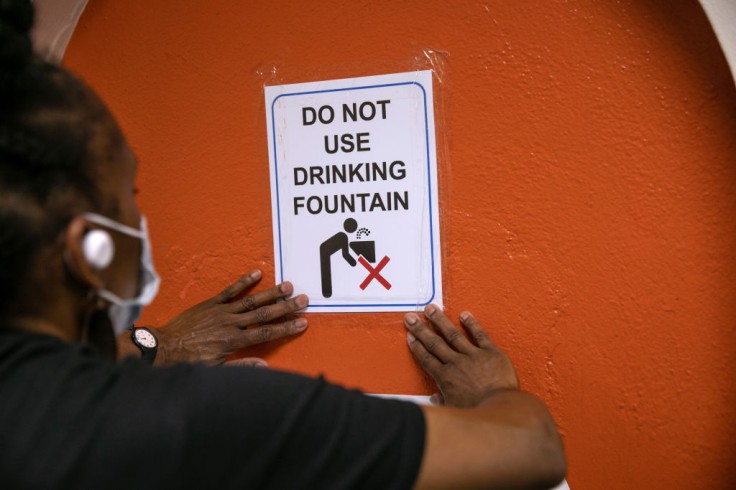
An advocacy group found widespread lead contamination in the water lines of several schools across Philadephia, potentially exposing thousands of students to the toxins that cause learning disabilities, damage to the nervous system, and internal organs.
The study, done by PennEnvironment and PennPIRG, also indicated that of the 1932 samples taken, 307 were found to have more than the acceptable limit of 10-ppb of lead.
Lead exposure is hazardous for children, as studies have linked it to damage to the nervous system and learning disabilities.
Lead Contamination in Schools Across Philadelphia
The study revealed that 61 percent of the 1,932 outlets showed lead contamination exceeding one part per billion. Of the 65 schools sampled, 98 percent had at least one water outlet contaminated beyond one part per billion.
The Philadelphia Inquirer reported that based on the study, Duckrey Elementary in North Philadelphia had the highest reading of lead, having 8,768-ppb, which also showed a 100 percent contamination of all its outlet.
Longstreth Elementary in Southwest Philadelphia had the most lead-contaminated outlets, with 49 out of the 56 sampled, while Bethune Elementary in North Philadelphia and Moffet Elementary in Kensington recorded that 90 percent of their outlets were contaminated with lead.
The study's authors stated that the data they reviewed was just the "tip of the iceberg" as it concerns almost 200,000 students.
Read Also: Human Breast Milk For Sale Online: Experts Warn of Risks of Buying, as it Can be Harmful.
Impact of Lead Contamination on Health
The city has a 10-ppb limit to lead permitted in schools and drinking fountains. However, the American Academy of Pediatrics (AAP) and other organizations warn of no safe lead levels.
According to the Centers for Disease Control and Prevention (CDC), exposure to lead can pose severe threats to a child's health, including damage to the brain and nervous system and delayed growth and development. Lead is also linked to other problems like learning, behavior, and speech and hearing problems. Lead exposure is often linked to lower IQ, decreased ability to pay attention, and underperformance in school.
Call for Improved Water Systems in Schools
The PennEnvironment Research and Policy Center and PennPIRG Education Fund gathered in front of the district's headquarters Wednesday to announce the findings and urge the school officials to take action.
However, Monica Lewis, a spokesperson for the Philadelphia School District, said that the report is not accurately reflecting the water quality that students and staff in Philadelphia are accessing every day.
According to Lewis, they had installed more than 1,300 hydration stations where students could replenish their water bottles. The district said it aims to have a minimum of one hydration station per 100 students per floor in 269 school buildings.
Pastor Willie Francois, president of the Black Church Center for Justice and Equality, called for a faster replacement of the water stations before students could use them again.
Philadelphia City Councilmember Derek Green said that the district needs to move faster to remove lead out of schools for the protection and safety of the children.
Related Article: Family Dollar Recalls Various Products Due to Rodent Infestation Affecting 404 Stores Across 6 States